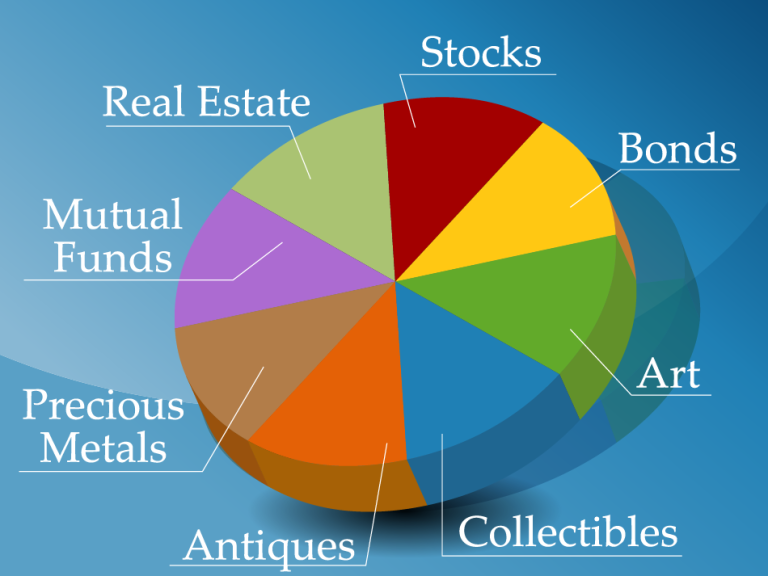

Can I acquire a mortgage loan while having a low credit score?
If you’re thinking, “How much credit do I need to get a mortgage?” A standard mortgage typically requires a credit score of 620 or better. This is a mortgage that is not guaranteed by a government body. If you have a lower score, your alternatives may be limited, but they still exist. Remember that 620 is right in the middle of the “fair” range. “Why wouldn’t I be able to get a conventional mortgage with a credit score of 600 or 590?” you may wonder.
The reason for this is that a house loan is a significant financial commitment. As a result, lenders may be more cautious about granting credit to you in the form of a mortgage.
What kinds of house loans are there for those with terrible credit?
There are several options for purchasing a home if your credit is poor, including those for borrowers with credit ratings below 620. Consider the following alternatives from our list of the top mortgage lenders for poor credit:
FHA financing. The Federal Housing Administration aims to assist would-be house purchasers in obtaining mortgages even if their credit is poor. With a credit score as low as 580, you can qualify for an FHA loan. You will be asked to put down 3.5 percent of the purchasing price of your house. If your credit score is between 500 and 579, you may still qualify, but a 10% down payment or greater is required. Check out our top FHA loan lenders.
VA loans are available. The Department of Veterans Affairs guarantees VA loans. They are accessible to both active-duty military personnel and veterans, as the name indicates. A credit score of 620 or more is normally required to qualify, however, some VA lenders can grant house loans with a credit score as low as 580. You may be qualified for a 0% down payment with a VA loan.
USDA loans are available. USDA loans are guaranteed by the United States Department of Agriculture and are intended to assist low-income borrowers in purchasing properties in rural regions. Most lenders in this program demand a credit score of 640 or above to qualify, however a USDA loan with a lower score is also available. A USDA loan, like a VA loan, may be eligible for a 0% down payment. Our experts’ list of the finest USDA loan providers might be of assistance.
Fannie Mae HomeReady® mortgages These conventional mortgages are created exclusively for lower-income consumers. To qualify, you must have a credit score of 620 or above, and you may be able to put down as little as 3% on your house.
Home Possible® financing from Freddie Mac.
The Home Possible program assists first-time home purchasers with moderate incomes in obtaining conventional loans. This program may allow you to put down as little as 3% on a property. What distinguishes it is that you may be qualified for a loan even if you have no credit history.
How to Get a Mortgage Even if You Have Bad Credit
If you have bad credit and are looking for a mortgage, you should approach the process strategically:
Investigate loans for those with bad credit. Begin with the options above to choose which option is best for you.
Shop around for lenders who provide the loan you’re looking for. If you’re looking for an FHA loan, For example, contact at least four or five FHA lenders to see what offers they have.
Make contact with local banks. When it comes to house loans, some lenders are more flexible than national banks.
Investigate internet banks and credit unions. You might be able to locate other financing possibilities.
Register with a mortgage broker. Based on your credit score, they can connect you with lenders.
Cosign your mortgage with someone who has good credit. This may make it easier to obtain mortgage approval. But keep in mind that when you ask someone to cosign for you, you’re asking them to take a financial risk, so be sure you know how much house you can afford.
Should you purchase a house if you have bad credit?
Your house loan may be more expensive if you have bad credit. The greatest attainable rates are often reserved for customers with the highest credit scores. If your credit requires improvement but you still proceed with your mortgage application, you may be stuck with a higher interest rate than required for the duration of the loan.
As an example, if you have a credit score of 760 or above as of this writing, you may qualify for an APR of 3.080 percent on a $200,000 30-year fixed mortgage. This would result in a monthly payment of $852 for principal and interest, with a total interest payment of $106,825 over the life of your loan. However, if your credit score is below 620, your interest rate might go to 4.669 percent. This results in a monthly payment of $1,033 for principal and interest, with a total interest payment of $172,037 over the life of your loan.
However, pricing aside, if your credit score is low, you may want to consider why before applying for a mortgage.
Is it merely a result of a lack of long credit history? Or is it because you’re in a bad financial situation and have repeatedly been late with bills or built up a large balance on your credit cards? If it’s the latter, it would be a smart idea to postpone your mortgage application while you try to improve not only your credit score but also your whole financial picture.
What can I do to improve my chances of receiving a mortgage?
Finding out how to rebuild your credit is one of the greatest methods to improve your chances of getting accepted for a mortgage. Here’s how it’s done:
You must pay all incoming invoices promptly.
Reduce your credit usage ratio by paying off a portion of your revolving credit (specifically, your credit card debt).
Examine your credit report for mistakes, such as bills you never incurred. Every year, you may obtain a free copy of your credit report from each of the three main credit bureaus: Experian, Equifax, and TransUnion.
But keep in mind that when you apply for a mortgage, your credit score is not the only factor considered. You should also work on:
Lowering your debt-to-income ratio, which is the ratio of your outstanding monthly loans to your monthly income.
Increasing your funds for a larger down payment
Increasing your income — the higher your income, the more likely a lender will be to offer you money.
Getting a consistent salary if yours is more variable
Poor credit does not have to hinder you from purchasing a house, and there are several financing choices available for applicants whose credit needs to be improved. But, before you rush into a mortgage, it may be worthwhile to invest some time in improving your credit score. This might result in even more borrowing possibilities – and more inexpensive ones. and all these processes applies to all countries.



